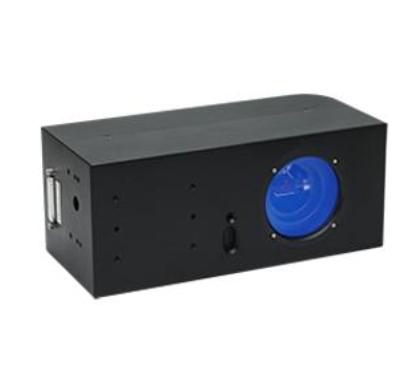How Galvanometers Are Used in Modern Laboratory Settings

A galvanometer is an essential instrument used in various scientific fields to measure small electrical currents. Despite the rise of digital devices, the galvanometer continues to play an important role in modern laboratory settings due to its high accuracy and sensitivity. In this blog, we’ll explore the specific uses of galvanometers in contemporary laboratories.
What is a Galvanometer?
A galvanometer is a type of ammeter, an instrument designed to measure electric current. It works by detecting the deflection of a needle or pointer in response to an electrical current passing through a coil placed in a magnetic field. The deflection is proportional to the strength of the current, and it’s often calibrated to give a numerical reading.
Precision Measurement in Physics and Chemistry
In modern laboratories, galvanometers are primarily used in physics and chemistry experiments where precise measurements of very small currents are necessary. For example, in electrochemical experiments, where minute electrical currents are generated during reactions, a galvanometer allows researchers to monitor the current with exceptional accuracy. This is particularly useful in studies of electrolysis, corrosion, and battery testing.
Galvanometers are also instrumental in magnetic field experiments, where small currents need to be measured to understand the properties of materials or the effects of external magnetic fields. The highly sensitive nature of galvanometers makes them ideal for these experiments, which often involve currents in the milliampere or microampere range.
Application in Bioelectric Studies
In biological and medical research, galvanometers are commonly used for measuring bioelectric signals, such as in experiments to monitor nerve impulses or heart activity. For example, in electrocardiograms (ECGs) and electroencephalograms (EEGs), galvanometers help in detecting the weak electrical currents produced by the heart or brain. These readings are crucial for diagnosing various medical conditions.
Calibrating Other Instruments
Another important use of galvanometers in labs is in the calibration of other electronic instruments. They serve as a reference tool for checking the accuracy of digital ammeters and voltmeters. Since galvanometers are so precise, they are often used as a standard in ensuring the proper functioning of more complex testing equipment.
Conclusion
Despite technological advancements, galvanometers are still a fundamental tool in modern laboratories due to their reliability and precision. Whether measuring small currents in electrochemical reactions or bioelectric signals in medical studies, the galvanometer remains indispensable. Understanding how and where to use this classic instrument is key to ensuring high-quality experimental results.
- Art
- Causes
- Crafts
- Dance
- Drinks
- Film
- Fitness
- Food
- Jeux
- Gardening
- Health
- Domicile
- Literature
- Music
- Networking
- Autre
- Party
- Religion
- Shopping
- Sports
- Theater
- Wellness


